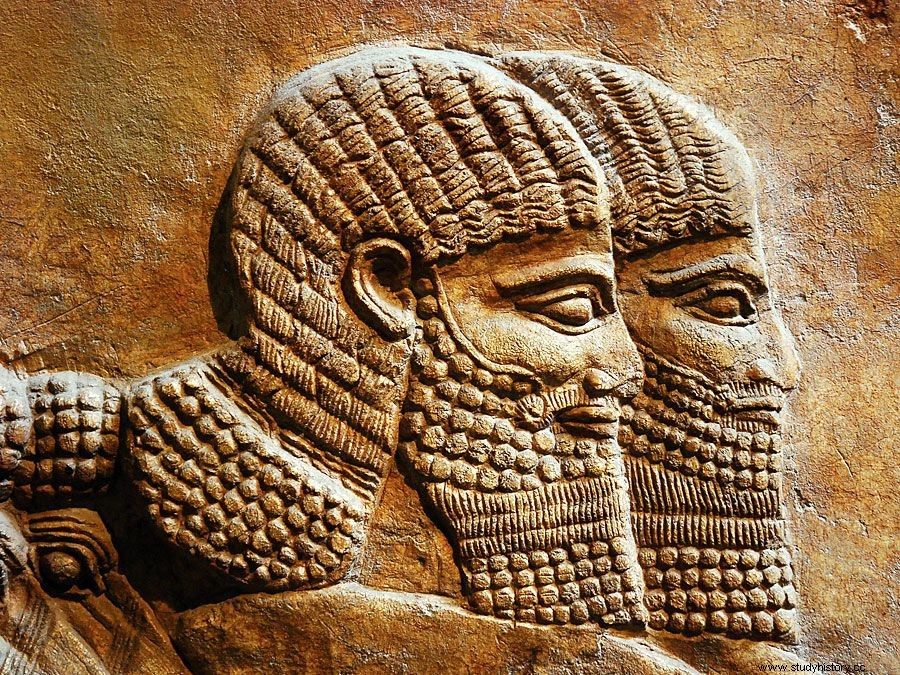Kingdom of Jerusalem , a state formed in 1099 from territory of Palestine wrested from the Muslims by the Muslim Christians during the First became Crusade and lasting until 1291 when the kingdom's two surviving cities Attacks by Muslim armies succumbed .
 Britannica Quiz The Middle East:Fact or Fiction? Is the literacy rate very high in Afghanistan? Does Yemen take its name from the Arabic word "northern"? Sort the facts in this quiz about Syria, Iraq and other Middle Eastern countries.
Britannica Quiz The Middle East:Fact or Fiction? Is the literacy rate very high in Afghanistan? Does Yemen take its name from the Arabic word "northern"? Sort the facts in this quiz about Syria, Iraq and other Middle Eastern countries. The rulers of the neighboring Crusader states Antioch , Edessa and Tripoli were the king of the vassals Jerusalem . In return for their loyalty and military service, he granted them aid and protection. The actual kingdom, roughly where Israel , the South Lebanon and the southwest Jordan's matched , comprised four major baronies:the county of Jaffa and Ascalon , the rule of Krak or Montréal, the Principality of Galilee and the rule of Sidon . Jerusalem and its surrounding area and cities Tyrus (Ṣūr, Lebanon) and Acre (ʿAkko, Israel) composed the royal domain. Although fiefs tended to become hereditary, kings often had to intervene to settle inheritance disputes and Assizes of Jerusalem , the code of law upon which the kingdom's government was based.
Economically, the kingdom was not prosperous, depending on trade with the Muslims, banking activities, and taxes on pilgrims to the to keep the government going and to provide defense. Although there were some fertile areas, much was barren, and in bad years crops had to be Syria to feed the Christians.
The early kings of Jerusalem, Baldwin I. (reg. 1100–18) and Baldwin II. (1118–31), secured the kingdom by conquering the coastal cities and building new fortifications around the interior of Palestine and protect the northern territories. The kings then attempted to expand south, abandoning earlier policies and indirectly contributing to the Muslim conquest of Edessa (1144). When the Second Crusade (1147) failed, the Muslims began to strengthen their position. King Amalric I. (reg. 1163–74) targeted attacks against Egypt , and its failure contributed to the rise of the Muslim leader Saladin (reg. 1169–93), who succeeded in using the previously shared Muslim world too unite in a massive assault on the Holy Land. Saladin's armies overran the city of Jerusalem in 1187, and despite some territorial recovery from the Third Crusade (late 12th century), the city remained in Muslim hands. With the fall of Jerusalem, the kings made Acre the capital of their kingdom, and there they watched the slow erosion of their territory throughout the 13th century, despite the efforts of new expeditions from Europe, to regain lost ground.
Expelled from mainland Asia in 1291, the ruling house of Lusignan withdrew to the island Cyprus back , which ruled its members until the late 15th century and still claimed the title of King of Jerusalem.
